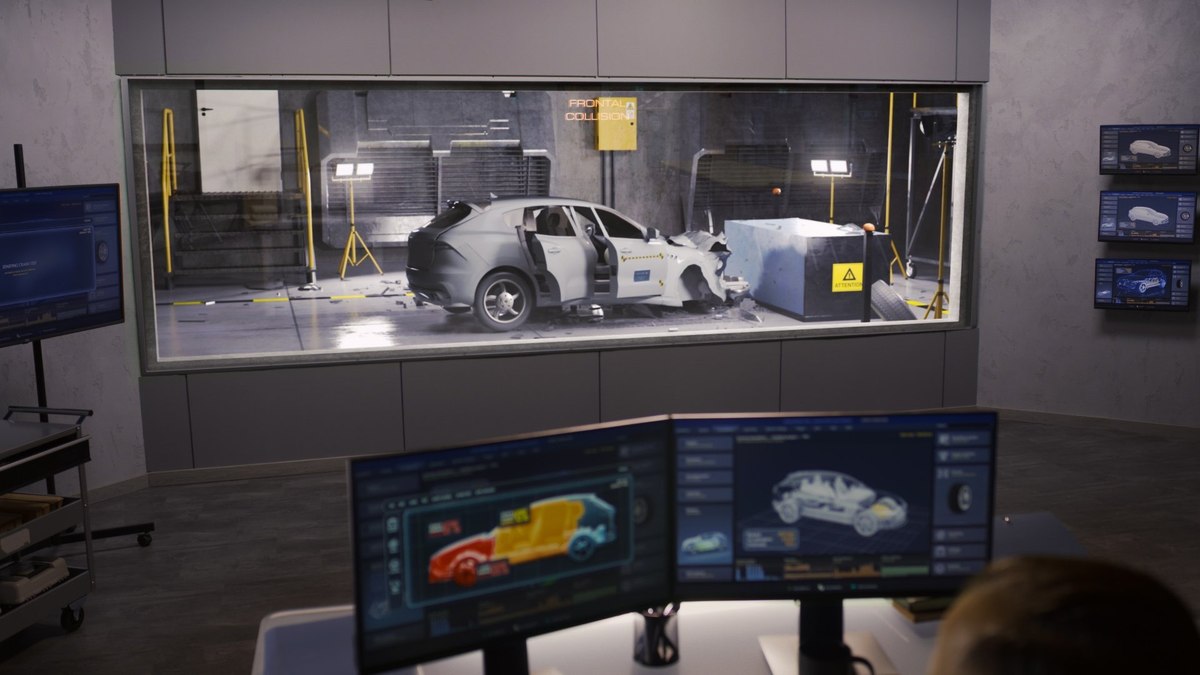
Are you able to name what’s factored in a car’s safety rating? Many US drivers can
In early June 2024, a scandal emerged involving Toyota, Mazda and other Japanese automakers regarding potential irregularities in vehicle certification. This incident raises a critical question: how well-informed are car buyers about safety ratings, and where do they turn for this type of information?
A recent YouGov survey conducted among US drivers reveals a disconnect between the importance placed on safety ratings and actual knowledge about a car's specific rating.
A significant majority of US adults (82%) consider safety ratings from organizations like the National Highway Traffic Safety Administration (NHTSA) as an important factor when purchasing a car.
However, the survey also highlights a surprising knowledge gap. More than half of the respondents (59%) are unsure about the overall NHTSA safety rating of their current vehicle. While a significant portion lacks this crucial information, 20% believe their current car has a 5-star rating, and 17% think their car has a 4-star rating.
The survey tested respondents' knowledge of the specific crash tests that contribute to the NHTSA's overall safety rating. A majority are familiar with core tests like frontal crash (72%), side barrier crash (63%) and rollover resistance (62%). Fewer but still half of the respondents know about the side pole crash test (50%).
A small percentage believe the NHTSA considers fuel efficiency (12%), horsepower (7%), and even cargo space (5%) when assigning safety ratings. These factors are not relevant to the NHTSA’s overall car safety ratings and most drivers seem to know that as well.
The survey further delves into where consumers seek information about car safety tests. Interestingly, no single official source emerges as a dominant preference. A third of respondents (33%) rely on official government websites like the NHTSA. Independent testing organizations (e.g., IIHS) are another trusted source, cited by 29% of participants.
Car manufacturers' websites are also a key resource, with 29% turning to them for safety information. Traditional media remains relevant, with 23% seeking information from automotive magazines and websites.
Social media appears to be a less popular source, with only 4% relying on it for car safety test information. Additionally, 10% of respondents depend on information from friends and family.
Explore our living data – for free
Discover more Automotive content here
Want to run your own research? Run a survey now
Make smarter business decisions with better intelligence. Understand exactly what your audience is thinking by leveraging our panel of 26 million+ members. Speak with us today.
Methodology: YouGov polled 1,005 US adults on June 21, 2024. The survey was carried out through YouGov Surveys: Self-serve. Data is weighted by age, gender, political affiliation, education level and region. Learn more about YouGov Surveys: Self-serve.
Image: Getty Images